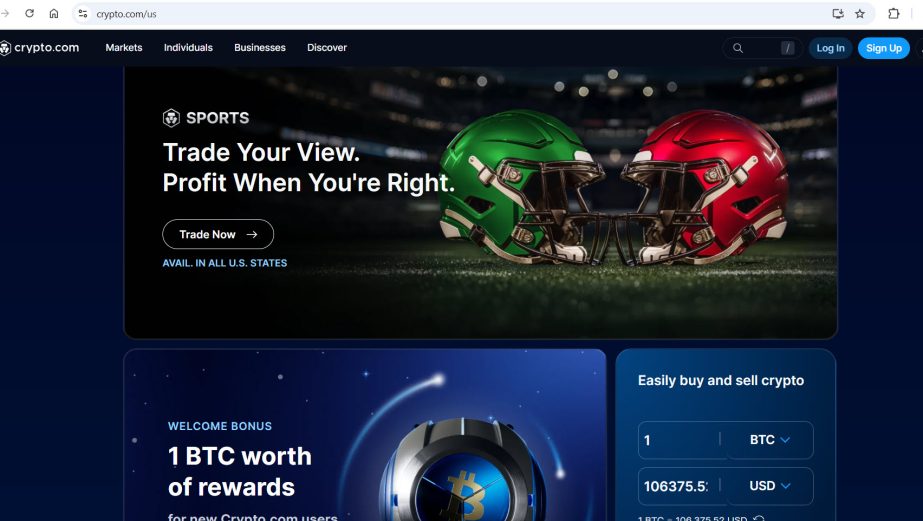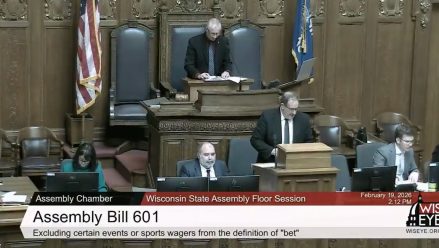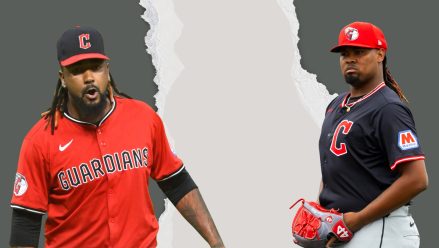A federal judge said he is “leaning toward” prohibiting Kalshi from operating in Nevada, despite having issued the prediction market an injunction to keep operating earlier this year.
The comments from Judge Andrew Gordon of the U.S. District Court for the District of Nevada came during a hearing Friday on a motion to dissolve an injunction that Kalshi had won in April. The state submitted the motion after Gordon had denied a similar injunction to Crypto.com in a case that appeared almost identical.
Gordon’s opinion not to grant that injunction hinged on the definition of a swap – a financial instrument regulated by the Commodity Futures Trading Commission (CFTC) — that is traditionally used for hedging risk.
According to the Commodity Exchange Act (CEA), a swap includes “any agreement, contract, or transaction … that is dependent on the occurrence, nonoccurrence, or the extent of the occurrence of an event or contingency associated with a potential financial, economic, or commercial consequence.”
Gordon argued that the presence of “event” and “occurrence” in the same definition suggests that the two words must mean different things in this context. He ultimately decided that a swap can be a contract about whether something such as a sporting event happens, but not on details such as who wins the event.
Judge suggests Kalshi definition is overly broad
Gordon’s opinion in the Crypto.com case avoided explaining reasons for the apparent inconsistency with the Kalshi decision.
During the hearing to dissolve the Kalshi injunction, Gordon suggested he believed that Kalshi’s injunction should be dissolved for the same reason that Crypto.com’s was denied.
Gordon said he believed Kalshi’s definition of a swap would be so wide-reaching as to be unworkable.
“It seems like your definition is so broad that pretty much anything can become a swap — anything can have a financial consequence,” he said. “Nobody thought sports bets were commodities or excluded commodities or swaps until some brilliant people at Kalshi [did].”
He then went a step further, stating outright what action he might take.
“I will tell you, in all candor, I’m leaning toward dissolving the injunction,” Gordon said.
Would Kalshi shut off access in Nevada?
If the injunction were dissolved and Kalshi didn’t receive a new one from an appeals court, Kalshi would have to block access to its sports contracts in Nevada. Crypto.com has already done so.
Kalshi failed to win an injunction in Maryland, but appealed the decision and has kept its sports contracts up while the appeal is ongoing. If the Nevada injunction were dissolved, it is likely that Kalshi would appeal that decision, too.
Kalshi has argued in cases including the Maryland lawsuit that it would be unable to block access to one state as this would violate CFTC “impartial access” rules. However, Crypto.com
blocking its contracts in Nevada — apparently without regulatory consequence — may suggest that concerns about these rules had been exaggerated.
Will case ultimately go to Supreme Court?
Gordon’s reluctance to accept an expansive definition of a swap appears to be in contrast with judges on the Third Circuit Court of Appeals. Kalshi and New Jersey are arguing over the legality of sports event contracts in the Third Circuit after New Jersey appealed a decision from a District Court to grant the prediction market an injunction.
During a Third Circuit hearing in September, judges acknowledged that Kalshi’s interpretation of a swap appears to be broad, but said that this wider scope appeared to be in line with the wording of the Commodity Exchange Act.
“It seems that the definition of swap is quite broad. I understand you point out some things that seem undesirable to your side, you suggest something should be inherently, financial, economic, whatever, but that’s not in the statute,” Justice David D. Porter said.
“Aren’t we obliged to apply what the elected branches have gotten us here? And to the extent any fix is necessary — and we’re not saying it is — isn’t that for the elected branches to deal with and not us?”
The level of difference in interpretation between judges may be a sign that the question of the legality of sports event contracts could be heading for the Supreme Court. Typically the Supreme Court takes up cases in which two or more circuit courts disagree. If a circuit court agrees with Gordon’s narrower definition of a swap, it’s possible that the issue will ultimately end up in the highest court in the land.







